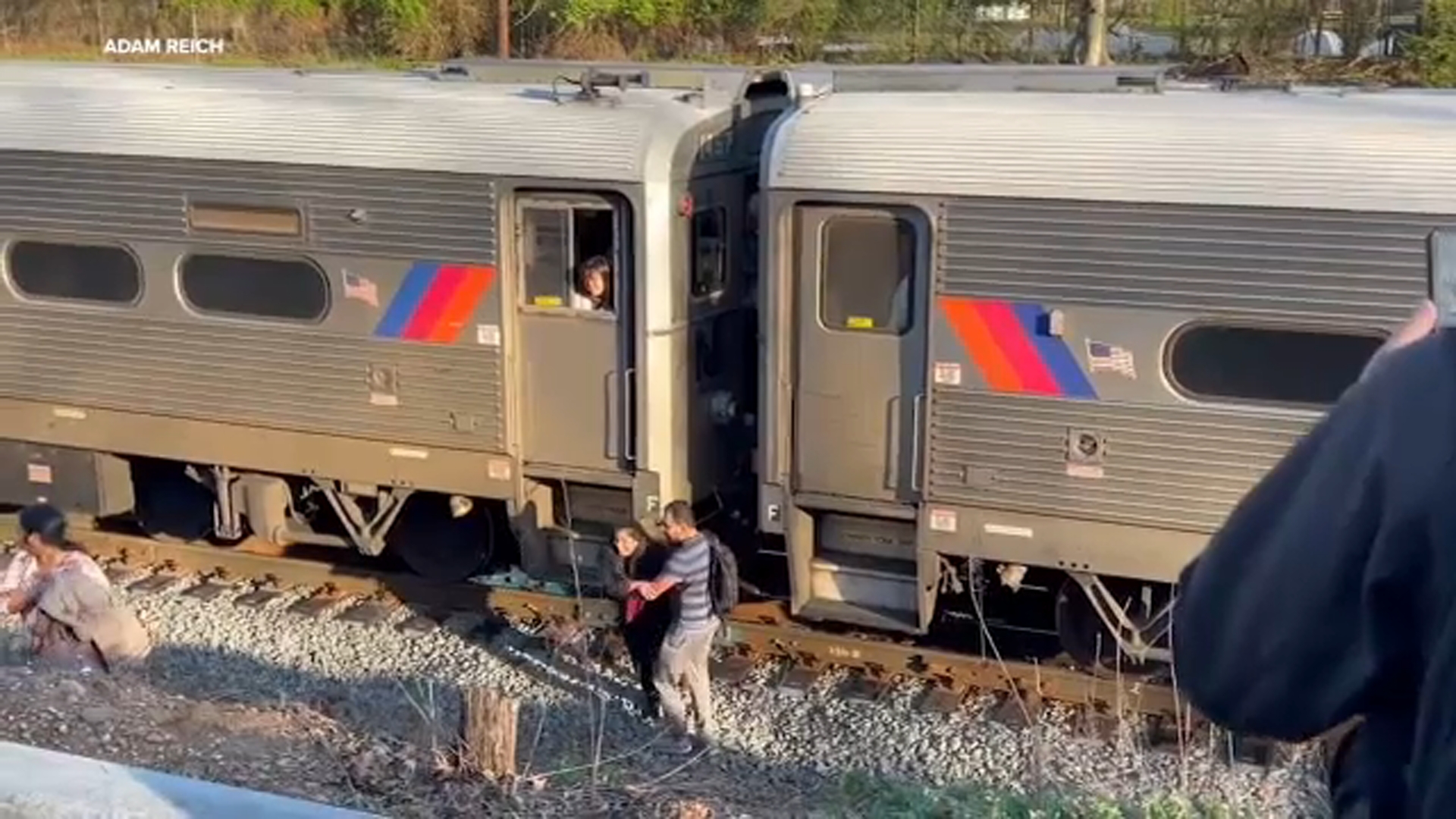Voters Choosing Among 'Lesser of Two Evils,' Survey Finds

During a campaign stop in Des Moines, Iowa, Hillary Clinton today called attention to a common theme in this contentious presidential campaign season: voting for one candidate solely because of a disdain for the other.
"I want this election to be about something, not against somebody," Clinton said to a crowd of 2,000 at an outdoor park where Trump supporters protested across the street.
A Pew study on voter preferences last week reported findings that highlight the discord in the election cycle, saying that the main factor in choosing a candidate was a dislike for their opponent.
According to the study, 33 percent of Trump supporters and 32 percent of Clinton voters attributed their choice in candidate to an opposition for the other candidate, winning out over all other attributes, like "political outsider" status, policy position, experience and temperament. The margin of error was plus or minus 2.4 percentage points.
Both campaigns have contributed to and been influenced by this trend, increasingly dedicating their rallies to criticizing each other.
Trump's comments in New Hampshire today followed the trend, bashing Clinton at almost every juncture. He referenced Clinton's and Bernie Sanders' rally in the state the previous day, claiming that not many people attended "because they don't like Hillary and Bernie sold out to the devil."
Clinton aimed to shift the narrative today, contrasting Trump's comments at Monday's presidential debate with her "positive agenda" and her "fighting for kids and family."
Pew reported an overall negative perspective of the campaign this year among voters, with majorities of Americans saying they are "frustrated" and "disgusted" with the campaign.
Resounding support for both candidates is lacking from this election, according to Pew. Only 12 percent of those surveyed said they would be excited if Clinton won, and only 11 percent for Trump.
In her visit to Iowa, Clinton sought to appeal to voters who are on the fence, while Trump's New Hampshire rally today sought instead to hold onto his current base.
Some 62 percent of Trump supporters and 50 percent of Clinton supporters acknowledged various downsides to their chosen candidates, with some offering harsh criticisms.
The study surveyed 4,538 randomly selected U.S. adult respondents, including 3,941 registered voters who participated in the survey via web survey or mail.




